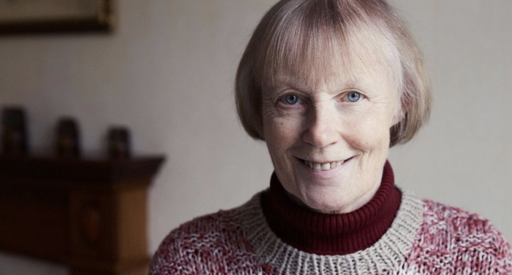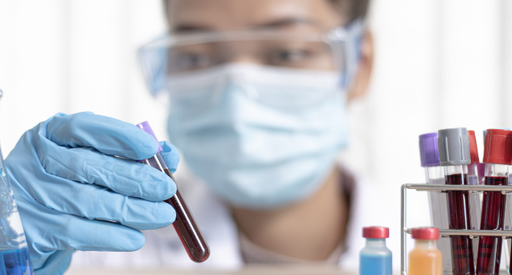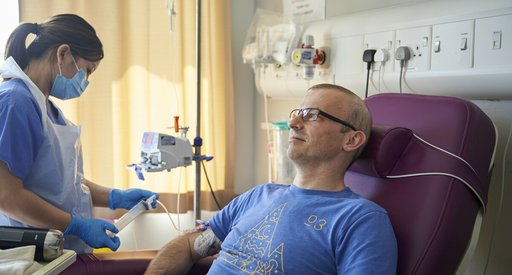Chronic lymphocytic leukaemia (CLL)
Chronic lymphocytic leukaemia (CLL) is a slow-growing blood cancer that may not need treatment at first. When it does need treatment, there are many effective drugs that can keep the CLL under control.

What is CLL?
CLL is a chronic (slow growing) blood cancer that affects cells called lymphocytes. When you have CLL, your body makes abnormal lymphocytes that grow too fast.
Find out more

Prognosis for CLL
CLL can't usually be cured, but it can be treated so you can continue to have a good quality of life.
The general outlook

CLL symptoms and diagnosis
Many people with CLL are diagnosed after a routine blood test and won't haven’t noticed any symptoms, but others do.
Know the symptoms

Testing for CLL
You’ll have tests before and after diagnosis to confirm that you have CLL, monitor it, and monitor any treatment you may need.
Tests you may need

CLL treatment and side effects
When treatment is needed, you will be offered options that are right for you and your situation.
Read more

Active monitoring (watch and wait)
Some people with CLL won't need treatment straight away, or even for months or years. This is called active monitoring, or watch and wait.
Check-ups for CLL

CLL and infection
CLL affects your immune system, so even if you don’t need treatment, you’re more likely to get infections.
Find out more

Clinical trials
You may be able to join a clinical trial as part of your treatment for CLL.
Find out more
This information about chronic lymphocytic leukaemia is accredited with the PIF TICK, the UK's only quality mark for trusted health information.
Last review January 2026. Next full review due January 2029. We may make factual updates to the information between reviews.
We would like to thank Consultant Haematologists Dr Piers Patten and Dr Dima El-Sharkawi for checking the clinical accuracy of this information. Thank you also to Ann, David, Eirwen, Erica, John, Gerard, Johanna, Kate, Mel and Paul for supporting this project and sharing their experience of living with CLL.
